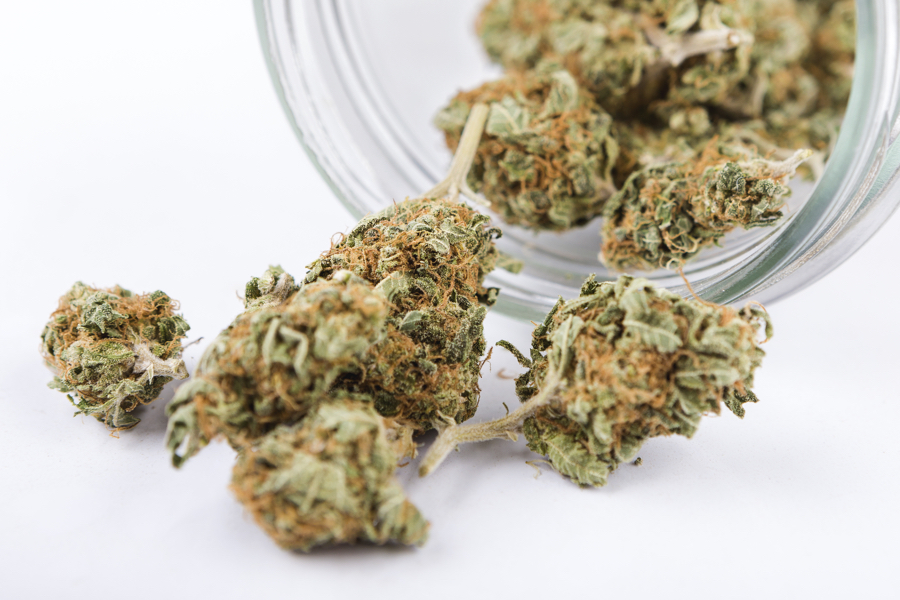Local and State Police Won’t Help Jeff Sessions Crack Down on Marijuana
They won't raid legal pot shops, they say.

photo via istock.com/Nastasic
These are confusing and distressing times for those preparing for the launch of Massachusetts’ first legal recreational marijuana market later this year. Jeff Sessions’ decision to open the door for federal prosecution in legal pot states has made sure of that.
But marijuana users and business owners can take some solace in a message from local and state police this week, who say that if the federal government wants to crack down on legal weed, they’ll have to do it without their help.
The state’s public safety secretary, Daniel Bennett , as well as a spokesman for the Boston Police Department, Lt. Michael McCarthy, both told the Boston Herald they would honor the law of the land in the state, as approved by voters in 2016.
“We have a state law that we’re intending to enforce,” Bennett, who oversees state police, told the paper, “and the state law was voted on by the people of Massachusetts. We have no intention of raiding a pot shop that is legal under state law.” McCarthy compared BPD’s approach to the one it uses for immigration, namely that the city will not use its resources to do the federal government’s bidding. It wasn’t immediately clear how police in other cities in towns would respond to this new tug-of-war between state and federal law.
Marijuana advocates cheered those statements and urged other law enforcement to make a similar pledge. “The State Police and the Boston Police Department are taking a principled stance against U.S. Attorney Andrew Lelling’s regressive direction on legal cannabis,” said Jim Borghesani, spokesman for the successful campaign to legalize marijuana by ballot question in the last election. “They are recognizing and respecting the will of voters. We hope all other police departments follow their lead. The greatest threat to the criminal marijuana market is not Andrew Lelling or Jeff Sessions. It is legality itself. By impeding legality, Lelling and Sessions are helping criminals continue their market domination.”
Meanwhile, medical marijuana dispensaries are still reeling after having to nix debit and credit transactions, as credit processors have cut them off for fear of prosecution. That means a majority of the state’s 17 dispensaries are now ding all of their business in cash, the State House News Service reports, which dispensaries have said in the past causes headaches and can put them at unnecessary risk.
The state’s U.S. Attorney Andrew Lelling, newly empowered to prosecute legal pot entrepreneurs, had said he wouldn’t rule out a crackdown and had said he would target “those who use the federal banking system illegally.”


